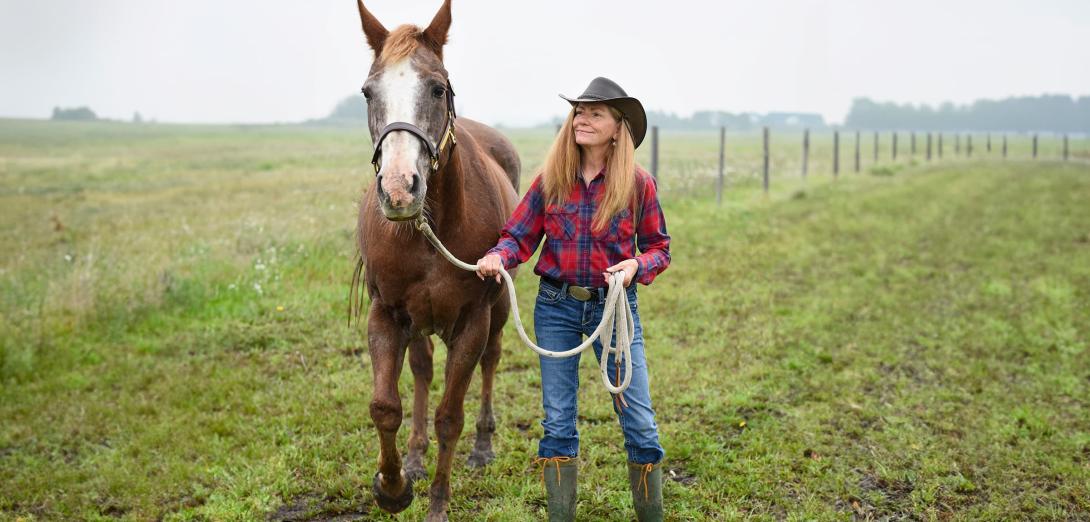About a year after I retired, I attended the speech from the throne at the Alberta legislature. After this event, Lieutenant Governor Lois Hole, Premier Ralph Klein and Mrs. Colleen Klein formed a receiving line to greet people. As I shook hands with Premier Klein, he asked what I had been doing since my years as ATA president and then said, “Well, we wish you were still the president.”
I was stunned.
This was the man whose government I had vilified publicly and passionately almost daily for six years. When I responded that he wished this because my (highly competent, highly regarded) male successor was tougher than I had been, the premier said, “Oh no, you were much tougher.”
*****
When I retired from teaching in 2000, I naively thought that we were well on our way to resolving the issue of gender equity in education leadership. The trajectory was positive, with more women superintendents and principals being appointed. Although in my 30-year high school teaching career in Alberta and the United States, women sometimes occupied the assistant superintendent, assistant principal or department head position, seldom did they rise above that. I had only one female superintendent and one female principal during my career, but there appeared to be a cause for optimism for future generations of teachers. And yet here we are in 2023, still grappling with the issue.
While I would love to say that the ATA provides a model of leadership reflecting the demographics of membership, it does not. Although there are several women staff officers, several women on Provincial Executive Council and several women presidents of ATA locals, men continue to dominate both elected and staff leadership. There has never been a woman executive secretary of the ATA, and this continues to be the case. I was the seventh woman president, and two of my three immediate predecessors were women so, again, there appeared to be cause for optimism. However, since my term there has been only one woman president.
At this time, when public education continues to be threatened by regressive and narrow-minded governments, and when extremist voices are getting louder and more ridiculous, women must be at the table in sufficient numbers to influence the future of public education and of the teaching profession. Women must speak to the issues attacking and diminishing public education; their perspective is not only critical to maintaining and enhancing their own working conditions and remuneration but also to strengthening the role of public education in preparing young people to take their place in a changing society and a sometimes shaky democracy.
I felt compelled to lead loudly, passionately and publicly during the Klein years, even when it meant embarrassing, or even angering, some of my colleagues. Even when it meant being insulted or threatened; even when I was told I was too emotional, too strident or too obstreperous, I considered it a privilege to be in that position at that time. I had a contribution to make and I made it.


